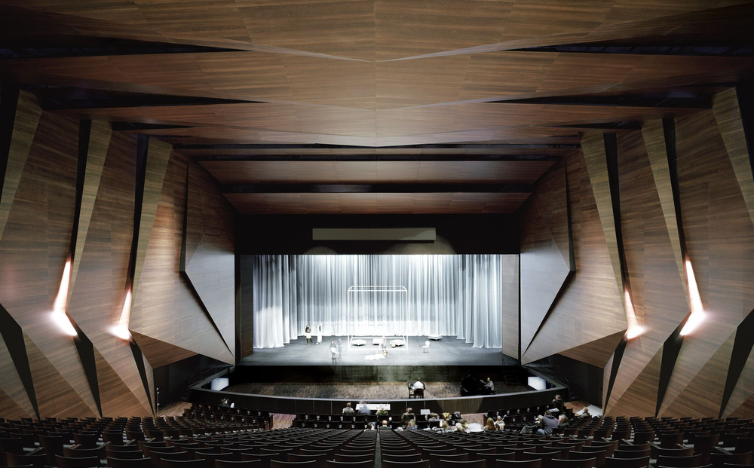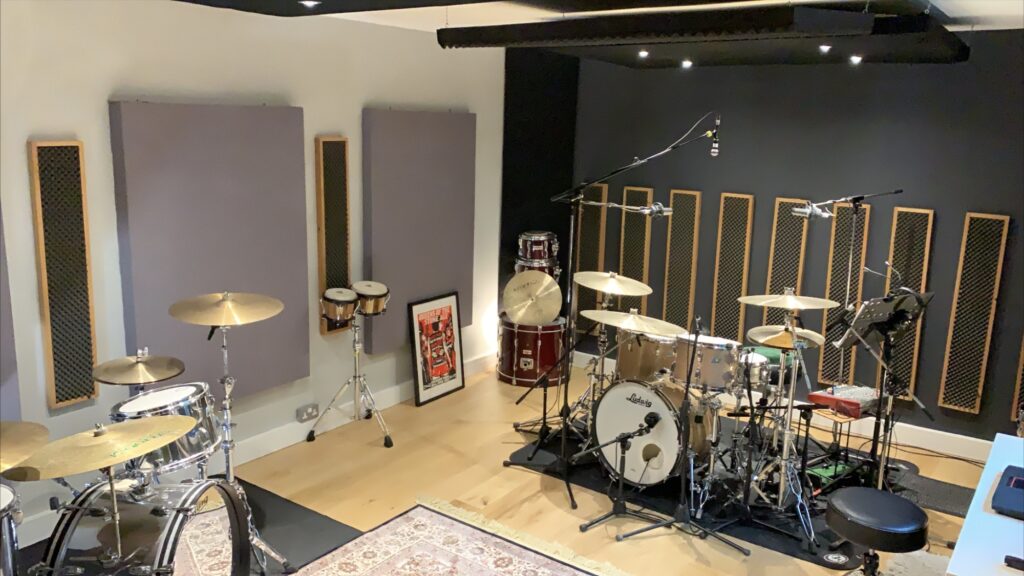Improving the acoustics in concert halls is crucial for delivering an exceptional auditory experience. Good acoustics ensure that every note and sound is heard clearly and uniformly, regardless of the listener’s position in the hall. Here’s how to enhance acoustics in concert halls effectively.
Understanding Acoustic Principles
To improve acoustics, it is important to understand the basic principles. Sound waves reflect, absorb, and diffuse as they travel through space. Balancing these elements is key to achieving optimal acoustics. Reflection ensures that sound reaches all corners, absorption prevents excessive echoes, and diffusion helps distribute sound evenly.

Architectural Design and Materials
The architectural design of a concert hall plays a significant role in its acoustics. Curved surfaces, vaulted ceilings, and strategically placed diffusing elements can help in managing sound waves. Materials like wood, fabric, and specialized acoustic panels absorb and diffuse sound, reducing echo and improving clarity. Incorporating these materials into the design helps in creating a balanced acoustic environment.
Acoustic Panels and Treatments
Installing acoustic panels is an effective way to enhance sound quality. These panels can be placed on walls, ceilings, and even floors to absorb and diffuse sound. Acoustic treatments such as bass traps, diffusers, and absorbers help manage low-frequency sounds and prevent them from overwhelming the space. These treatments ensure a more balanced and clear sound throughout the hall.
Soundproofing and Isolation
Soundproofing the concert hall is essential to prevent external noise from interfering with performances. Using soundproof doors, windows, and walls helps to isolate the hall from outside disturbances. Additionally, floating floors and decoupled walls can prevent vibrations and sound from passing through the structure, ensuring a quiet and focused listening environment.
Technology and Equipment
Modern technology can significantly enhance concert hall acoustics. Digital signal processors and acoustic enhancement systems can be used to adjust sound in real-time, tailoring the acoustics to different performances. These systems can simulate various acoustic environments and help in fine-tuning the sound to match the specific needs of each event.
Regular Maintenance and Adjustments
Regular maintenance of the acoustic elements is necessary to ensure they function optimally. Over time, materials can degrade, and equipment may need recalibration. Regularly checking and maintaining these components ensures that the concert hall maintains its acoustic quality. Adjustments should be made as needed to accommodate changes in performance styles and audience expectations.
Audience and Performer Feedback
Gathering feedback from both the audience and performers can provide valuable insights into the acoustic quality of the hall. Listening to their experiences can highlight areas that need improvement. Continuous improvement based on feedback helps in maintaining high acoustic standards and enhancing the overall experience for everyone involved.
Contact Waseem Technical Soundproofing Expert in Dubai For Soundproofing: +971 50 209 7517
Conclusion
Improving acoustics in concert halls requires a combination of good architectural design, appropriate materials, acoustic treatments, soundproofing, advanced technology, regular maintenance, and feedback. By focusing on these areas, concert halls can provide an exceptional auditory experience, ensuring that every performance is heard in its full glory.




